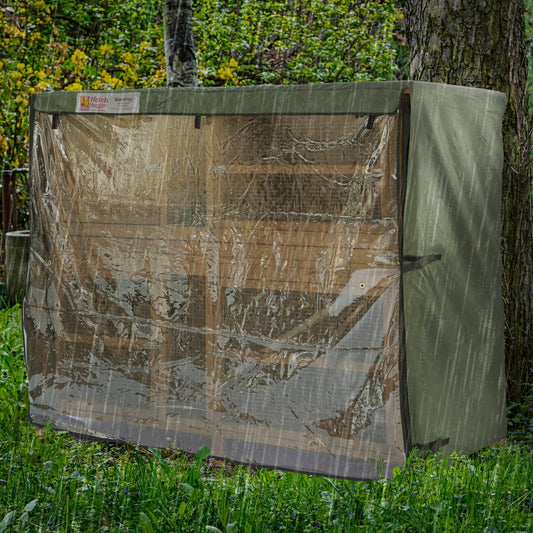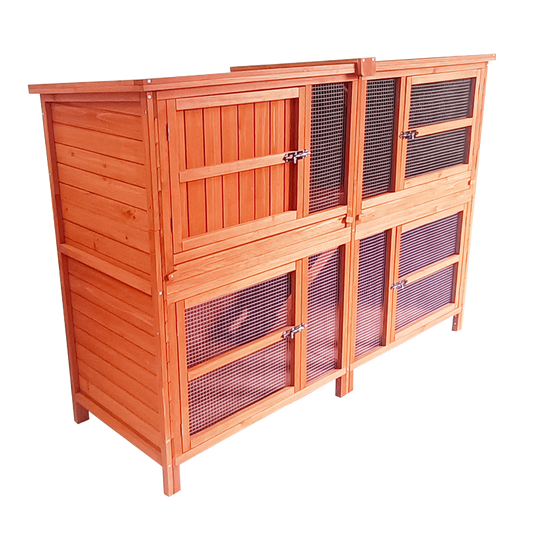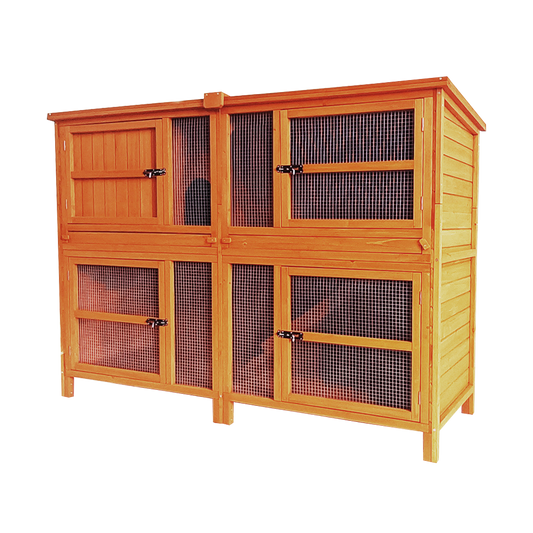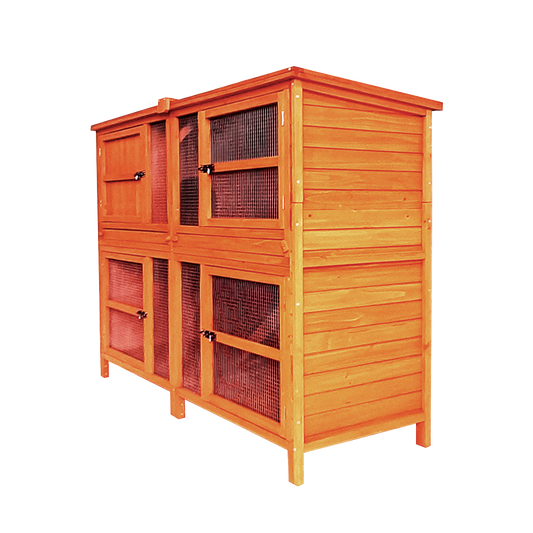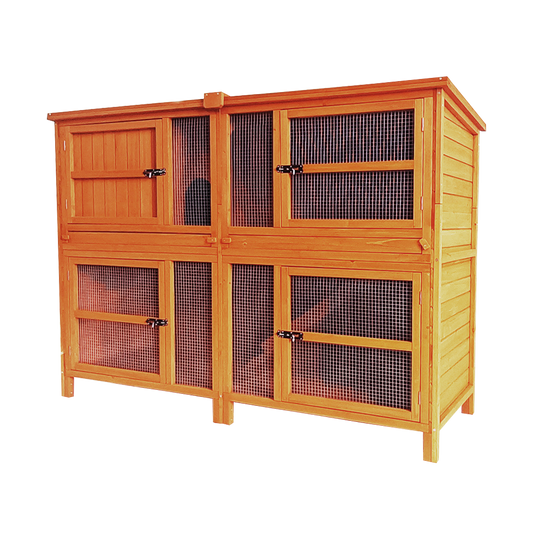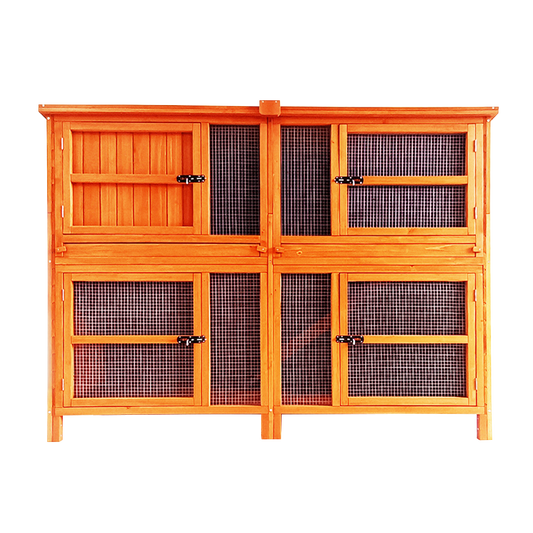The eating of poop – or coprophagia to give it its proper name – is likely to turn the stomach of even the hardiest dog owner, yet it is a fairly normal canine behaviour. A study on the subject published in 2018 by the Center for Companion Animal Health at the University of California, found that 23% of dogs were seen to eat poop at least once in their lifetime, with 16% described by their owners as being ‘frequent stool eaters’.
What attracts dogs to foraging for morsels of poop? It used to be believed that poop eating was an indication that a dog had something missing from their diet and that they were deficient in a particular nutrient, but no evidence has been found supporting a link between poop eating and diet or age. Interestingly, the 2018 study found that some breeds were more likely to favour poop eating than others, with Shetland Sheepdogs being the most common offenders and Poodles the least common.
A mother’s influence
Good mothers will help their new pups go to the toilet by licking them to stimulate the reflex to urinate and defecate. They will also ‘clean’ up after them to keep the living area hygienic. It is also thought that the smell of faeces would attract predators in the wild, so there could be an element of survival instinct at play here too.
Puppies learn how to be dogs from their mothers, so poo eating could be a behaviour that they copy. The majority of pups grow out of it by adulthood, but some will continue to be interested in it.
A doggie delicacy
In the majority of cases, a dog will choose to chow down on poop because they find it irresistibly delicious. It’s hard to understand for us but some dogs just love the taste of poop, which will likely contain undigested food.
Dogs find out important information from eating another’s poop – such as who made it and what they had been eating – much in the same way as bottom sniffing tells them a lot.
When to be concerned
While the majority of incidents of poop eating are no cause for concern, if your dog suddenly starts eating poop or you feel they are doing so excessively, it's a good idea to get them checked out by a vet. This is especially important if your pet is showing any other symptoms of being unwell.
While a dietary deficiency is rare with modern complete foods containing everything a dog needs for optimal health, there are some medical conditions that could cause a dog to seek out nutrients from poop. These include diabetes, thyroid issues, problems in digesting food and dementia.
Intestinal parasites can be a problem for frequent poop eaters who could easily pick up roundworms, hookworms or whipworms from the faeces of other animals. If your dog is a poop eater, a robust worming regime is vital to guard against parasites.
Be vigilant for poop belonging to livestock and horses due to the risk of chemicals in worming medications being passed in their faeces. Horse wormers in particular often contain ivermectin, which in high doses can be toxic to dogs.
How to stop your dog eating poo
While a little poop every now and again shouldn’t do your pet any harm, it’s not something that should be encouraged, and there are things you can do to get your dog to kick the habit.
- Keep your dog on a lead when out so that you can intervene more easily if they try to eat something they shouldn’t.
- Go out armed with some very tasty treats that your dog wouldn’t usually be given at home. Use these to distract your dog from poo and to reward them when they ignore it.
- Teach your dog the ‘leave’ command and brush up on their recall so that you can interrupt any poop eating behaviour. Your tasty treats will come in handy here too.
- Make sure you pick up promptly after your dog so they can’t snaffle their own.
- Cat poos are a particular delicacy due to the high meat content of a feline diet. If you have cats, keep their litter trays out of reach of your dog and ensure they are cleaned out regularly.
- Your dog might be eating poop if they are particularly hungry. If you’ve noticed they tend to do it before meal times, it might be a good idea to feed your dog smaller amounts more regularly throughout the day so that they don’t have to go too long between eating.
- When dealing with a challenging behaviour such as poop eating, the most important thing to remember is never to punish or shout at your dog. They will be of the opinion that eating poop is a perfectly normal and acceptable thing to do so you could cause stress and upset by reacting in an angry way. It is much better to use positive reinforcement and distraction to show your dog what you would rather they do instead.
If you found this article interesting, you may like:



